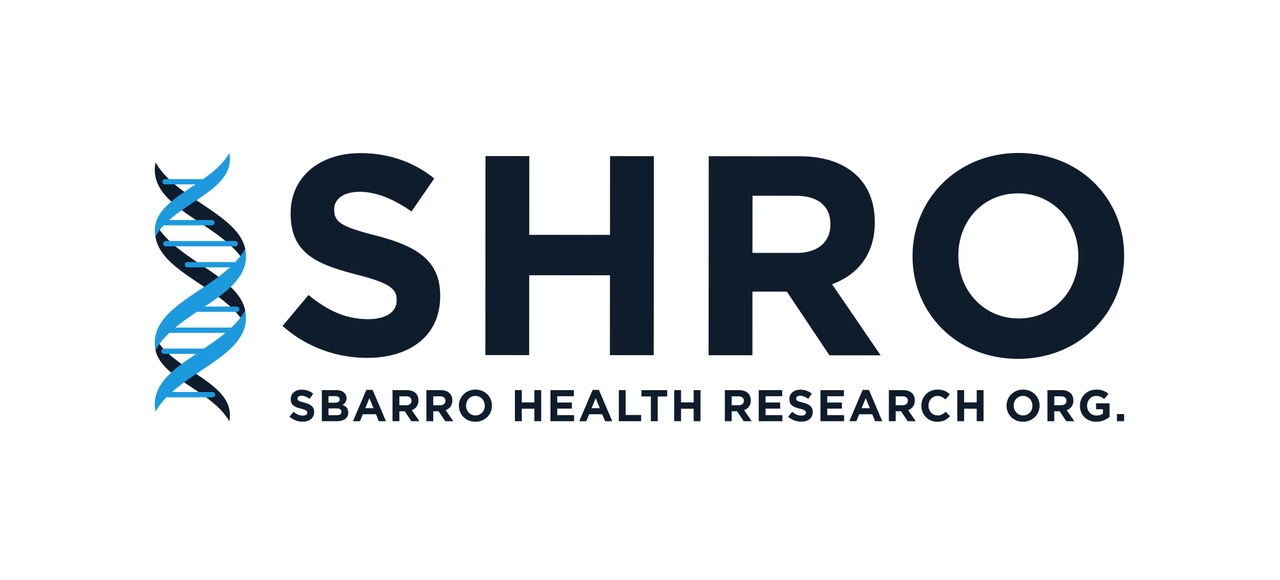Newswise — In patients with non-small cell Lung Cancer (NSCLC), the presence of either high chronic inflammation, or procalcitonin levels in the blood as a response to bacterial infection, both predict a poor response to treatment with immune checkpoint blockade.
The novel treatment studied includes peripheral-immune-checkpoint blockade (P-ICB) with mAbs to PD-1 (nivolumab and pembrolizumab), or PD-L1 (atezolizumab, durvalumab, avelumab) alone, or in combination with chemotherapy. Due to the potential for immune-related adverse events and high cost, In this context it appears of critical interest to find reliable biomarkers of response in order to accurately identify good candidates for this treatment, or to identify other interventions necessary to maximize their efficacy.
Findings have been accepted for publication in the journal Frontiers in Oncology, in the study entitled: “Inflammatory markers and procalcitonin predict the outcome of metastatic non-small-cell-lung-cancer patients receiving PD-1/PD-L1 immune[1]checkpoint blockade,” by Valerio Nardone, Rocco Giannicola, Giovanna Bianco, Diana Giannarelli, Paolo Tini, Pierpaolo Pastina, Antonia C. Falzea, Sebastiano Macheda, Michele Caraglia, Amalia Luce, Silvia Zappavigna, Luciano Mutti, Luigi Pirtoli, Antonio Giordano, and Pierpaolo Correale.
The authors include lead researchers with the Sbarro Institute at Temple University, and collaborators at the University of Siena, the University Vanvitelli of Naples and the Grand Metropolitan Hospital-Bianco Melacrino Morello in Reggio Calabria, Italy, who carried out a multi-institutional retrospective study on metastatic NSCLC patients receiving immunological treatment with monoclonal antibodies targeting the PD-1 immune-checkpoint pathway. These patients often present serious comorbidities including broncho-pneumopathies and recidivating subclinical bacterial infection in the proximal and low respiratory tract related to smoking and to the impairment of the respiratory physiopathology.
"This study continues the promising collaboration among the Sbarro Institute and our affiliated researchers employed in prestgious italian institutes," says Antonio Giordano, M.D., Ph.D., Director of the Sbarro Institute, Temple University, and the Sbarro Health Research Organization (SHRO). "Continuing intuitive clinical observations, validated by more sophisticated technology, may lead to great therapeutic improvement for NSCLC patients worldwide."
It was shown that chronic inflammation and systemic bacterial infection appear to be independent variables of poor prognosis which becomes dramatically more poor when they are both present. This study has therefore identified possible biomarkers for the treatment to be investigated in further prospective trials, which may open an interesting scenario such as the need for systemic treatment with anti-inflammatory drugs and microbiota interfering strategies prior to treating NSCLC in these patients.
About the Sbarro Health Research Organization (SHRO)
The Sbarro Health Research Organization is a non-profit charity committed to funding excellence in basic genetic research to cure and diagnose cancer, cardiovascular diseases, diabetes and related chronic illnesses and to foster the training of young doctors in a spirit of professionalism and humanism (www.shro.org)
